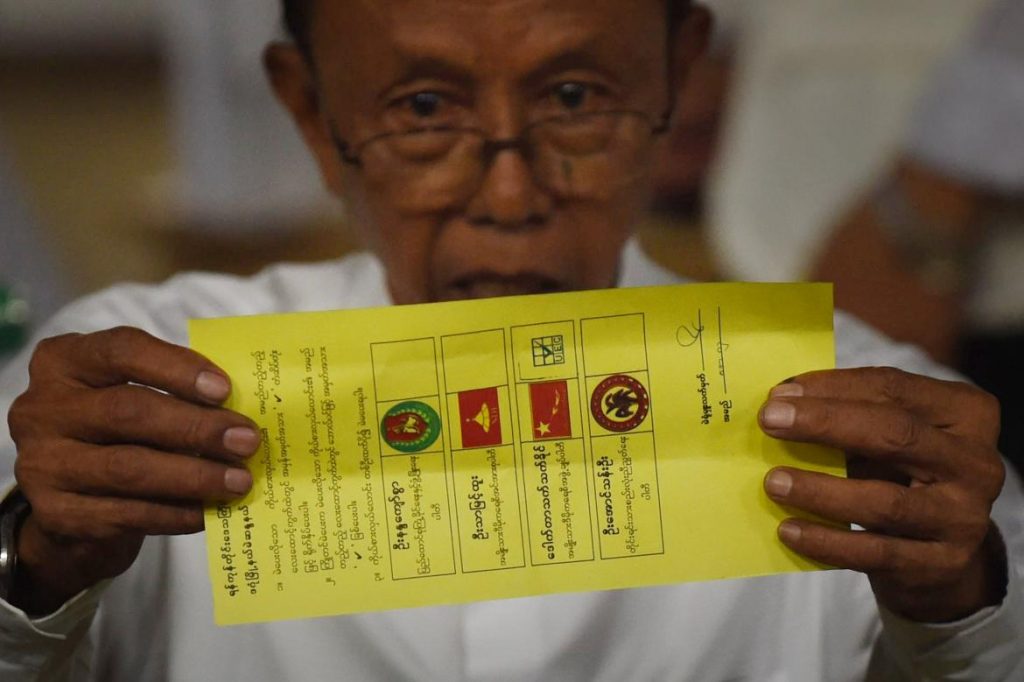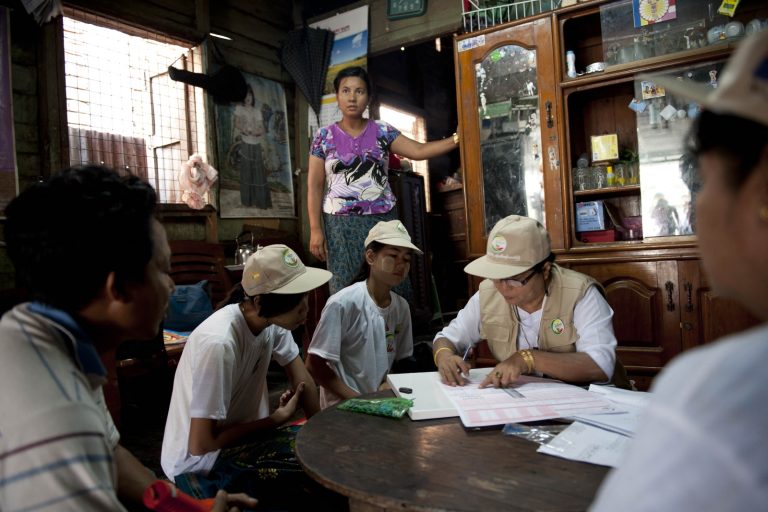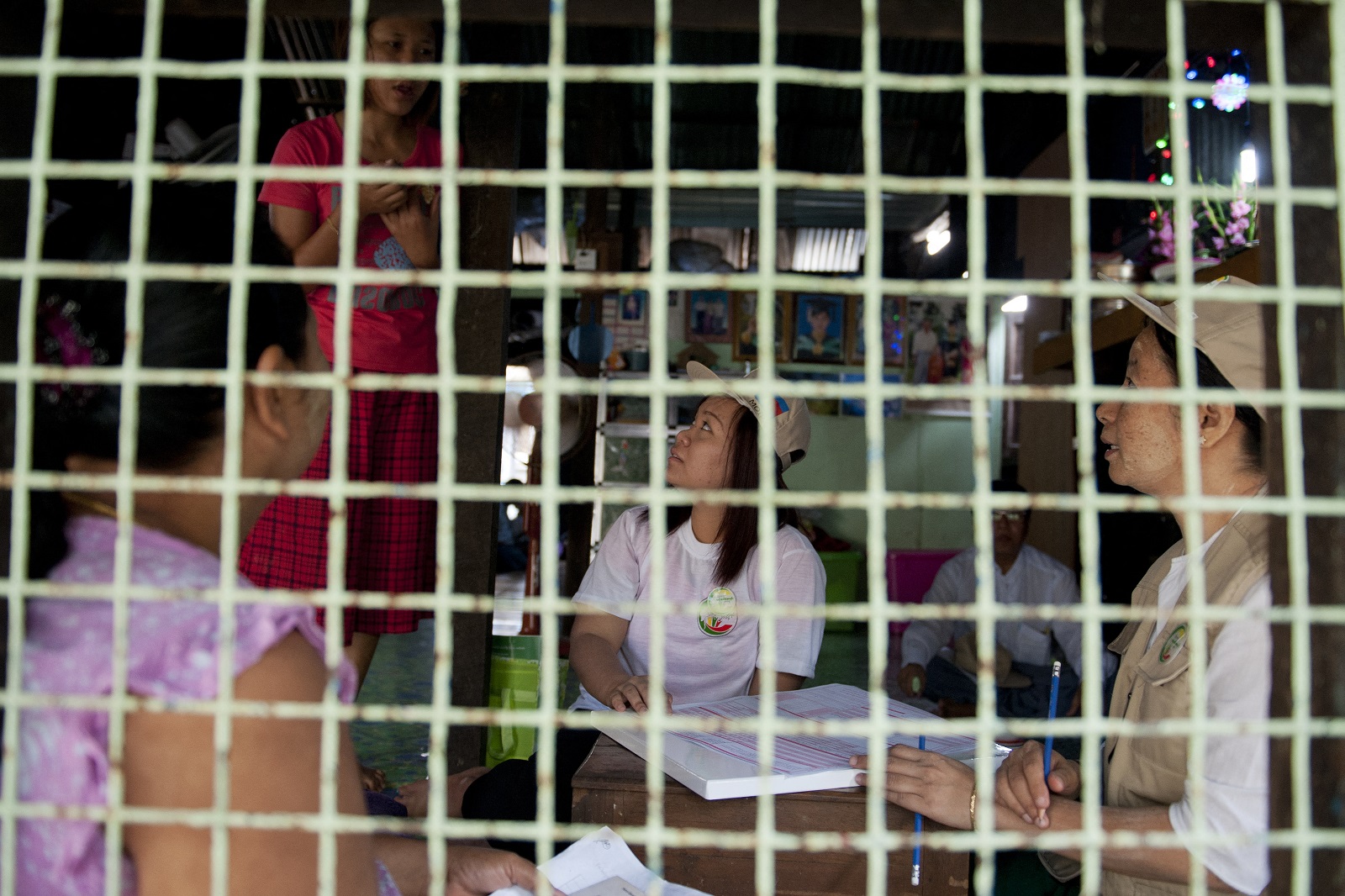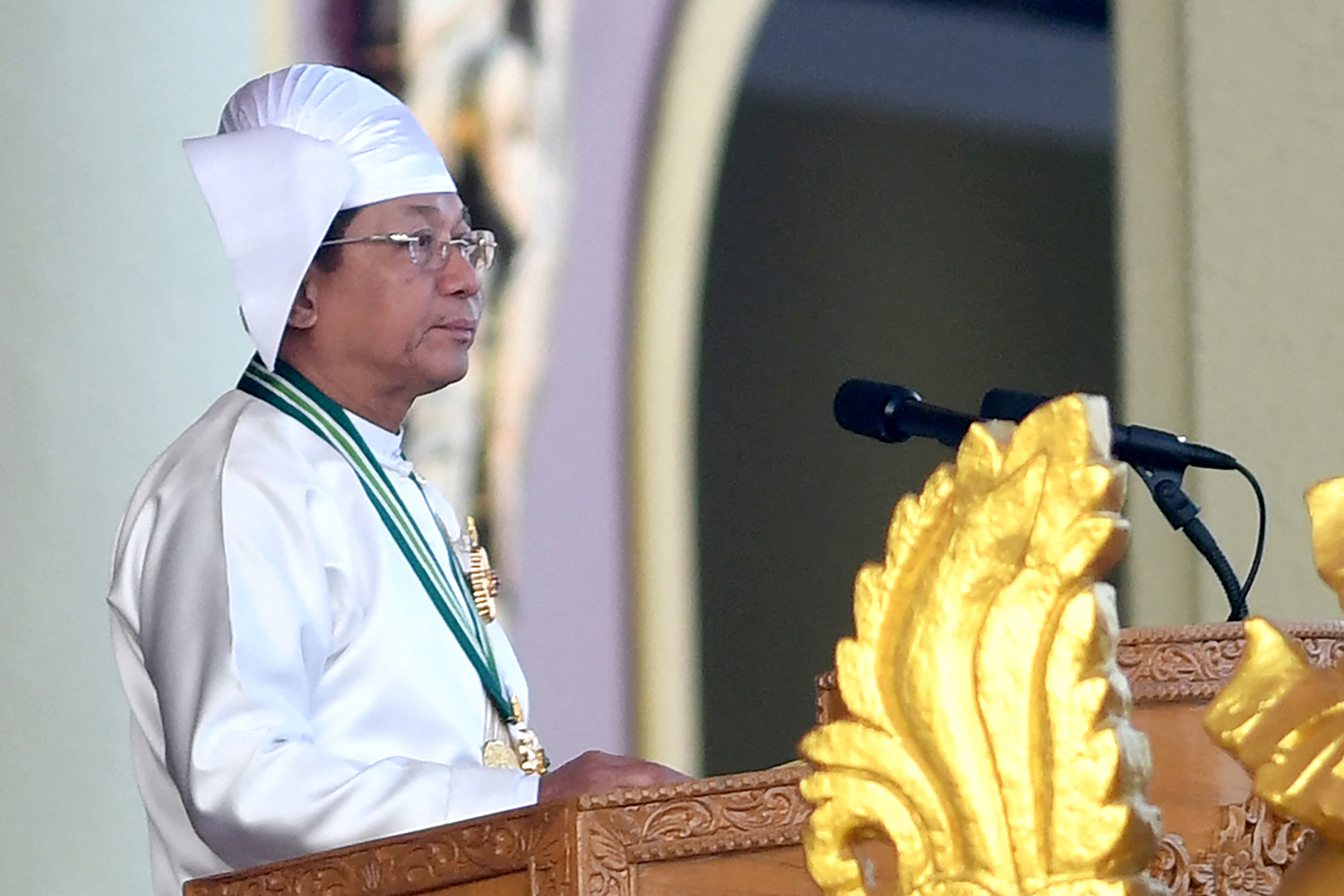By KYAW LIN HTOON | FRONTIER
YANGON — Election monitoring groups have called for a law to be introduced to enshrine their activities before the next general election in 2020.
Speaking during a forum in Yangon on September 12 and 13, monitoring group leaders said the framework should be in place by the end of next year. More than 80 NGOs and civil society groups attended the event, where they discussed recommendations to submit to the Union Election Commission and parliament.
“Though the 2020 election is still a bit far away, if we compare with international standards the election framework should be in place at least one year before voting takes place. That’s why we should start now,” said Sai Ye Kyaw Swar Myint, executive director of the People’s Alliance for Credible Elections (PACE).
The Election Reform Coordination Body, which was formed before this year’s by-elections and comprises representatives from 12 national monitoring groups, will spearhead the push for electoral reform.
Support more independent journalism like this. Sign up to be a Frontier member.
Without a law to regulate electoral monitoring, the UEC has broad discretion over the process. In 2010, for example, there was no formal role for electoral monitoring groups; diplomats and journalists were taken to select polling stations around the country to watch vote-counting.
In 2015, the UEC issued notifications concerning electoral monitoring, including accreditation of monitors, and permitted and restricted activities.
PACE programme manager U Han Soe Tun said electoral monitoring groups should only have to notify the UEC rather than seek approval to conduct monitoring activities.
Daw Khin Lay Nge, director of ECRB member Phan Tee Eain, agreed that legal changes were needed to strengthen the electoral monitoring process.
“In our experience, even if the Union or regional-level [election commissions] allowed us [to monitor voting], we were denied at some village tracts and township-level election commission branches,” she said.
UEC member U Myint Naing told Frontier that the commission had “started arranging to amend” Myanmar’s election laws, but declined to comment on possible changes. He said the commission would meet with civil society groups and other stakeholders to get their views on what changes are needed.
However, he indicated that the UEC would likely retain a significant amount of discretion over the electoral monitoring process.
“In other countries, the election commission decides whether groups should be allowed to watch the election or not,” he said.







